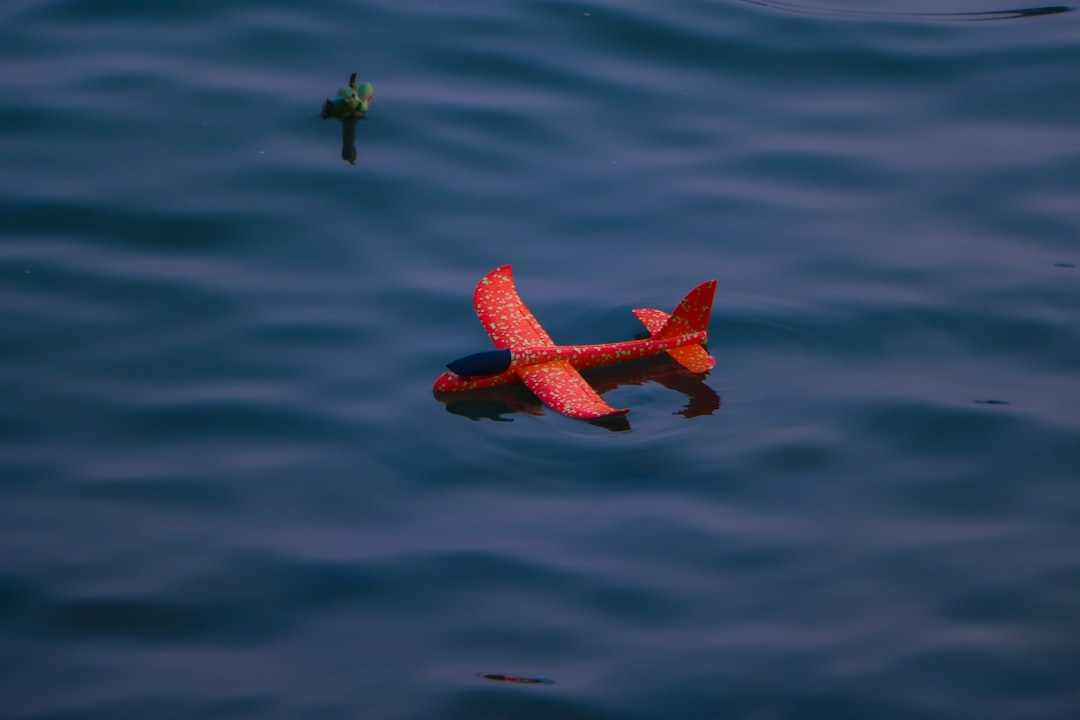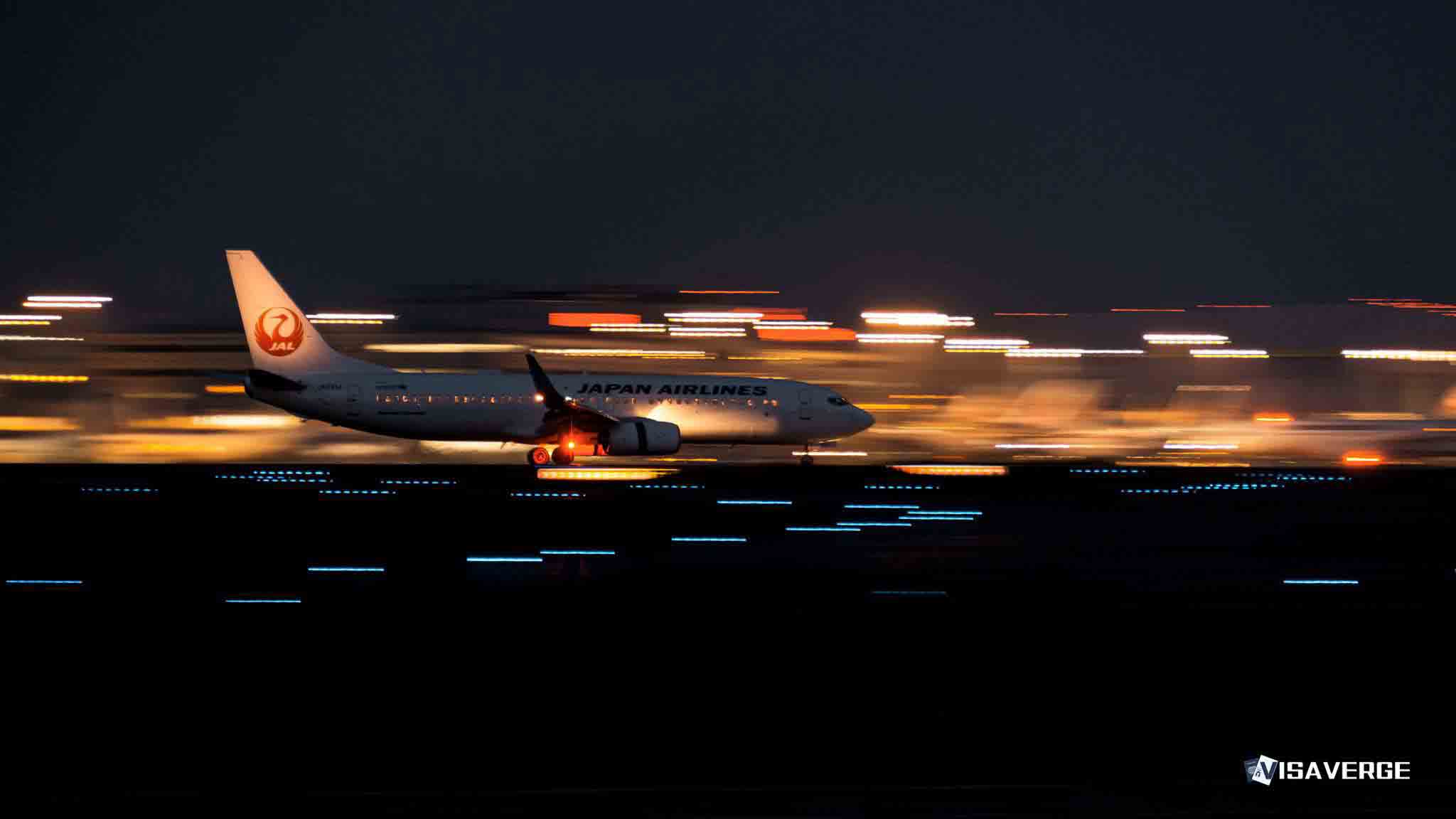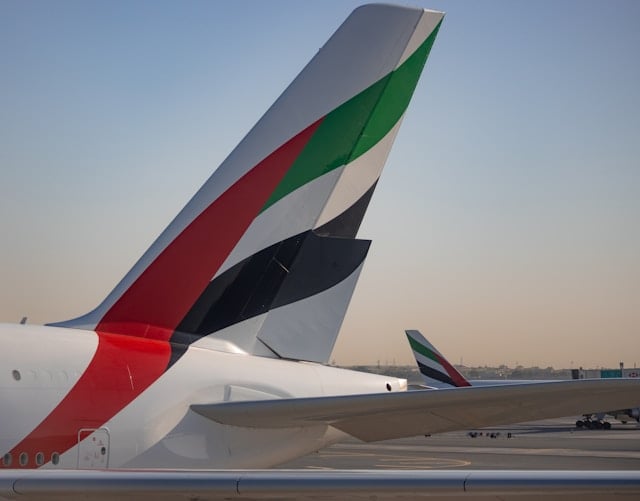Key Takeaways
• PLAY Airlines ends all U.S. flights by fall 2025, exiting Baltimore, Boston, and New York Stewart airports.
• The airline shifts to Iceland leisure routes and Malta-based wet lease services for stable revenue.
• PLAY’s US market exit follows financial losses, increased competition, and seasonal demand challenges.
PLAY Airlines Ends United States Flights: What It Means for Travelers and the Future of Transatlantic Operations
PLAY Airlines, the Icelandic low-cost carrier that once promised affordable flights between Europe and North America, has announced a complete end to its United States 🇺🇸 flights. This decision, made public on June 10, 2025, marks a major change in the airline’s strategy and has important effects for travelers, the airline industry, and the future of transatlantic operations.

PLAY Airlines will stop all flights to the United States 🇺🇸 between September and October 2025, closing routes to Baltimore/Washington International Airport (BWI), Boston Logan International Airport (BOS), and New York Stewart International Airport (SWF). This move follows earlier exits from Washington Dulles International Airport (IAD) in December 2024 and Hamilton, Canada 🇨🇦 (YHM) in April 2025. The airline’s withdrawal from North America signals the end of its transatlantic operations, a core part of its business since it began flying in 2021.
Let’s break down what led to this decision, what it means for travelers and the airline, and how PLAY Airlines plans to move forward.
Why PLAY Airlines Is Leaving the United States 🇺🇸 Market
PLAY Airlines’ exit from the United States 🇺🇸 is not sudden. The airline has faced ongoing financial struggles, especially with its transatlantic operations. Several key reasons contributed to this decision:
- Challenging Market Conditions: The North American market in 2024 was described by PLAY as “incredibly challenging.” There was too much capacity, meaning too many seats and not enough passengers, especially outside the busy summer months.
- Seasonal Demand: Flights between Europe and North America are highly seasonal. While summer brings many travelers, the rest of the year sees much lower demand, making it hard for airlines to fill planes and make a profit.
- Increased Competition: More airlines now offer budget flights between Europe and the United States 🇺🇸, leading to lower ticket prices and smaller profit margins. Established carriers like Icelandair, as well as large European low-cost airlines, have made it tough for PLAY to compete.
- Financial Losses: PLAY’s financial performance has been weak. The airline’s stock price has dropped nearly 97% since its initial public offering, and passenger numbers have fallen. In March 2025, PLAY carried 111,531 passengers, down from 142,918 a year earlier. The load factor, which measures how full flights are, also dropped from 88.1% to 82.0%.
These factors combined to make transatlantic operations unsustainable for PLAY Airlines. As reported by VisaVerge.com, the airline’s leadership decided that a complete withdrawal from the United States 🇺🇸 and Canada 🇨🇦 was necessary to protect the company’s future.
What Happens Next: PLAY Airlines’ New Business Strategy
With the end of its United States 🇺🇸 flights, PLAY Airlines is making big changes to its business model. Two of the company’s largest shareholders, including the CEO and Vice Chairman, plan to take the company private. They have offered to buy all shares at 1.0 ISK per share, a small premium over the current trading price but far below the original IPO value.
Under this new private ownership, PLAY Airlines will keep a fleet of 10 aircraft but use them differently:
- Iceland-Based Operations: Four planes will stay based at Keflavik International Airport (KEF) in Iceland. These will focus only on routes with strong demand, especially to popular vacation spots and places where many people travel to visit friends and family (known as VFR traffic).
- Malta-Based Wet Lease Subsidiary: The other six planes will be moved to a new Malta-based company called PLAY Europe. This business will provide ACMI (Aircraft, Crew, Maintenance, Insurance) services to other airlines. In simple terms, PLAY will rent out its planes and crews to other airlines that need extra capacity. PLAY Europe has already received its Air Operator Certificate (AOC) from Maltese aviation authorities and will use Airbus A321neo aircraft for these operations.
This shift is meant to create a more stable and predictable income for PLAY Airlines, moving away from the risky and seasonal transatlantic market.
What Is Wet Leasing and Why Is PLAY Airlines Doing It?
Wet leasing, also known as ACMI leasing, is when an airline provides another airline with an aircraft, complete with crew, maintenance, and insurance. The airline that rents the plane (the lessee) pays for fuel and other costs. This model is popular among airlines that need extra planes for busy seasons or special events but don’t want to buy new aircraft.
PLAY Airlines’ move into wet leasing through its Malta-based subsidiary is a way to use its planes year-round, even when demand for its own flights is low. This can help the airline earn steady revenue and avoid the ups and downs of the regular passenger market.
Impact on Travelers and the Airline Industry
The end of PLAY Airlines’ United States 🇺🇸 flights will affect several groups:
- Travelers: People who relied on PLAY for affordable flights between Iceland, Europe, and the United States 🇺🇸 will need to find other options. This could mean higher prices, especially during busy travel seasons, as there will be less competition on some routes.
- Iceland’s Tourism Industry: Fewer direct flights from the United States 🇺🇸 may lead to fewer American visitors to Iceland, at least in the short term. This could impact hotels, tour companies, and other businesses that depend on tourism.
- Other Airlines: With PLAY leaving the market, established carriers like Icelandair may see less competition and could benefit from higher demand for their flights. However, the overall market remains competitive, with many airlines offering transatlantic service.
- Employees: PLAY’s shift to a smaller Iceland-based operation and a Malta-based leasing business may affect jobs, especially for staff based in North America or those working on routes that are being cut.
PLAY Airlines’ Recent Performance and European Expansion
While PLAY is ending its transatlantic operations, it is expanding its network within Europe. In April 2025, the airline started its first regular flights between Iceland and Turkey, flying to Antalya. It also began service to Faro, Portugal, adding to its existing routes to Lisbon, Porto, and Madeira.
For the summer of 2025, PLAY is operating an all-Airbus fleet, including:
- Six A320neo aircraft
- Three A321neo aircraft
The airline serves 39 destinations across 21 countries in Europe and North America, although all North American routes will end by fall 2025.
PLAY’s focus is now on high-demand leisure destinations in Southern Europe, where there is strong interest from Icelandic travelers and people visiting friends and family.
Industry Context: The Challenge of Low-Cost Transatlantic Flights
PLAY Airlines is not the first low-cost carrier to struggle with transatlantic operations. The ultra-low-cost carrier (ULCC) model, which works well for short flights within Europe, is much harder to make profitable on long-haul routes like those between Europe and the United States 🇺🇸.
Several factors make transatlantic low-cost flights difficult:
- Longer Flights, Higher Costs: Flying across the Atlantic takes more fuel and requires larger, more expensive planes. This makes it harder to keep costs low.
- Seasonal Demand: As mentioned earlier, demand for transatlantic flights drops sharply outside the summer months.
- Strong Competition: Established airlines like Icelandair, British Airways, and major U.S. carriers have more resources and can offer more choices to travelers, including premium cabins and loyalty programs.
- Labor Costs: PLAY Airlines faced higher operating costs due to Iceland’s labor laws, which provide strong protections and benefits for workers. Competing airlines based in countries with lower labor costs have an advantage.
According to analysis from VisaVerge.com, these challenges have led many low-cost airlines to either leave the transatlantic market or change their business models.
What Does This Mean for the Future of PLAY Airlines?
PLAY Airlines’ leadership believes that the new strategy—focusing on profitable leisure routes from Iceland and building a wet lease business in Malta—will make the company more stable and less vulnerable to market swings. CEO Einar Örn Ólafsson called the Malta AOC “a major milestone for our company and a crucial step toward building more stable financial operations.” He said it would make the business “more predictable, profitable, and resilient.”
The airline’s future now depends on:
- Success of the Malta-Based Leasing Business: If PLAY Europe can find enough customers for its ACMI services, it could provide steady income and help the company recover from past losses.
- Strength of Iceland-Based Routes: By focusing only on the most popular and profitable routes from Iceland, PLAY hopes to avoid the mistakes of the past and build a sustainable business.
- Ability to Adapt: The airline industry is always changing. PLAY will need to keep adjusting its strategy to survive in a competitive market.
What Should Affected Travelers Do?
If you have booked a PLAY Airlines flight to or from the United States 🇺🇸 for travel after September or October 2025, you should:
- Check Your Booking: Contact PLAY Airlines directly to confirm the status of your flight.
- Look for Alternatives: If your flight is canceled, the airline should offer a refund or help you find another option. You may need to book with another airline.
- Monitor Official Announcements: Stay updated on any changes by visiting PLAY Airlines’ official website or checking with your travel agent.
For more information about your rights as an air passenger, you can visit the U.S. Department of Transportation’s Aviation Consumer Protection page, which provides helpful guidance on refunds and cancellations.
The Bigger Picture: What PLAY Airlines’ Exit Means for Transatlantic Operations
PLAY Airlines’ decision to end United States 🇺🇸 flights is a clear sign of how tough the transatlantic market has become, especially for smaller, low-cost carriers. While travelers may lose a budget option, the move could help stabilize the market and allow PLAY to survive in a different form.
Other airlines will watch closely to see if PLAY’s new strategy—combining a focused Iceland-based operation with a Malta-based leasing business—can succeed where the transatlantic low-cost model has struggled. The coming months will be critical for PLAY Airlines as it tries to rebuild and find a profitable path forward.
Key Takeaways and Next Steps
- PLAY Airlines will end all United States 🇺🇸 flights by fall 2025, leaving the North American market entirely.
- The airline is shifting to a new business model, focusing on profitable leisure routes from Iceland and a Malta-based wet lease business.
- Travelers with bookings after September or October 2025 should check with PLAY Airlines for updates and alternative options.
- The move highlights the challenges of running low-cost transatlantic flights and may signal more changes in the airline industry.
PLAY Airlines’ story is a reminder that the airline business is always changing, and even bold new ideas face tough tests in the real world. For travelers, it’s important to stay informed and flexible as the industry continues to evolve.
Learn Today
ACMI → Aircraft, Crew, Maintenance, and Insurance services provided by one airline to another under lease.
Wet Lease → A leasing agreement where the aircraft and crew are rented out to another airline with full operational support.
Load Factor → A measure of how full an airline’s flights are, calculated as passengers over available seats.
Air Operator Certificate (AOC) → An official document authorizing an airline to operate commercially certified by aviation authorities.
Virgin VFR Traffic → Passengers traveling to visit friends and relatives, a key demand segment for airlines.
This Article in a Nutshell
PLAY Airlines ceases U.S. flights in fall 2025, pivoting to profitable Iceland routes and ACMI leasing. The change addresses financial struggles and tough transatlantic competition, marking a major industry shift.
— By VisaVerge.com













